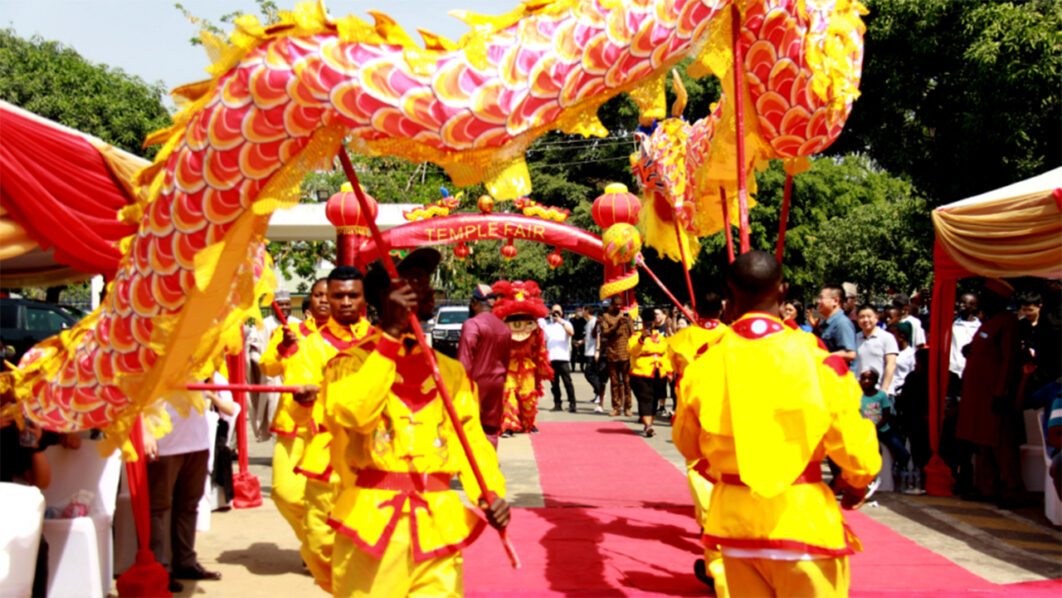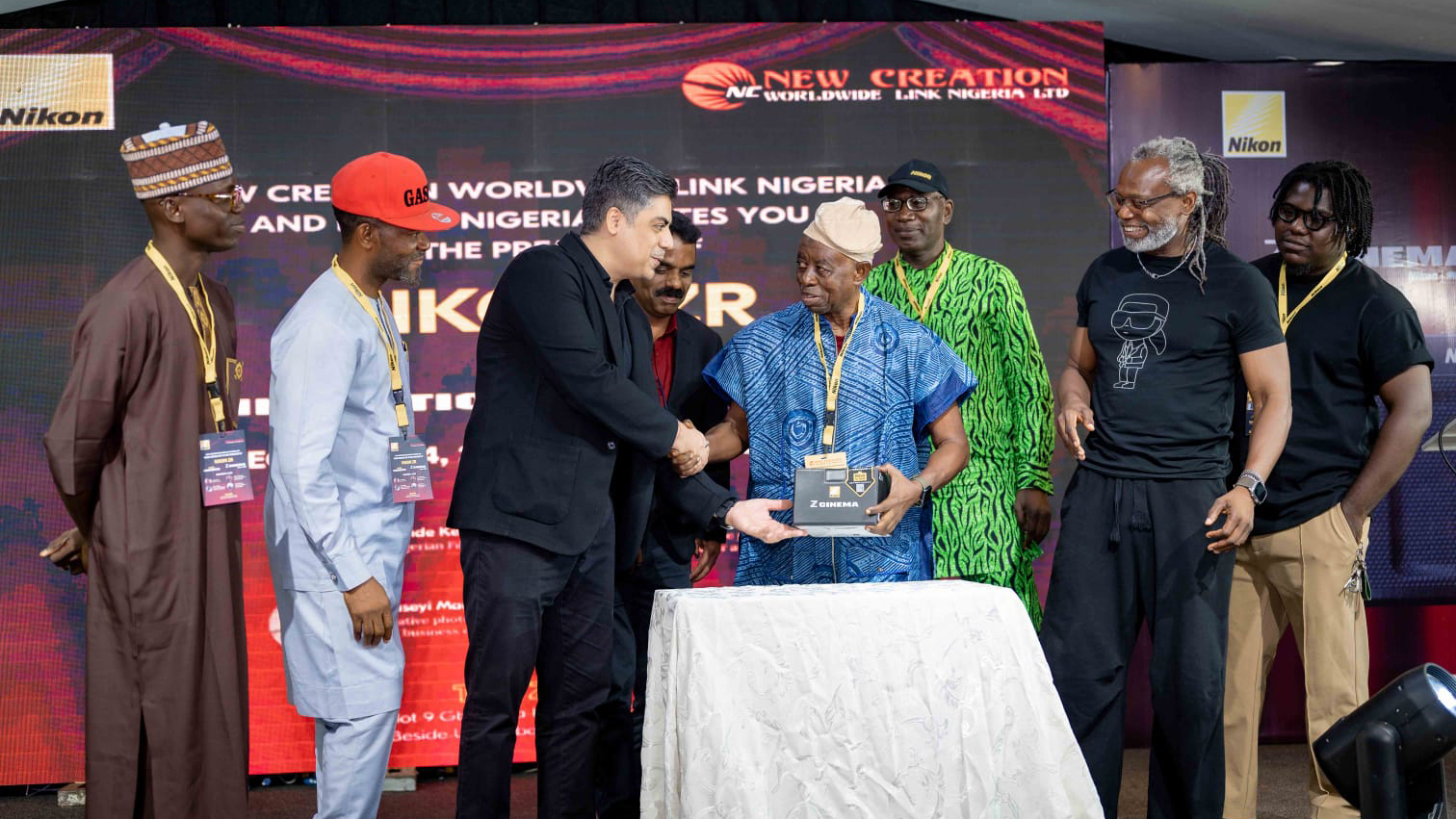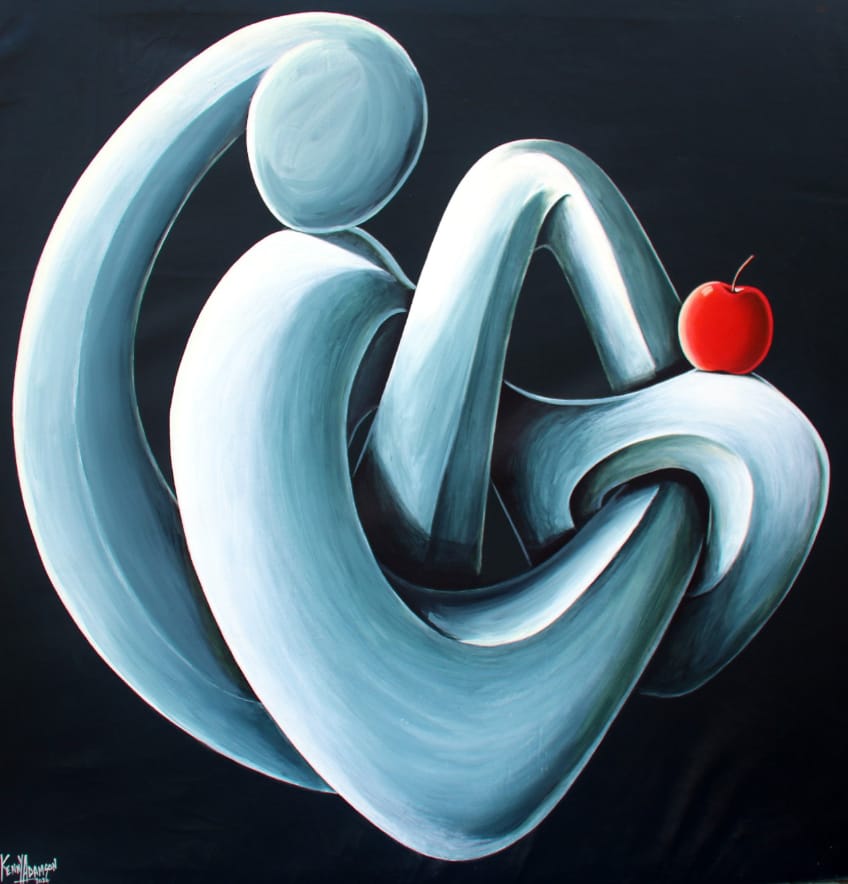
Chinese community in Nigeria recently rolled out drums in celebration of their 2025 Lunar New Year also known as the Spring Festival.Led by the Chinese Ambassador to Nigeria, Yu Dunhai, the audience was not only entertained by top Chinese artists and cultural troupes, they also had Nigerian counterparts, including the National Troupe of Nigeria spicing the day.
The event, which held at the Chinese Cultural Centre, Abuja, also had in attendance, the Permanent Secretary, Federal Ministry of Art, Culture, Tourism and Creative Economy, Oraeluno Obi Raphael, and the Deputy Director General, Beijing Municipal Bureau of Culture and Tourism, Mr. Xu Zhentao. There were equally, members of Chinese Chamber of Commerce in Nigeria as well as other members of diplomatic community.
There were displays of Chinese cuisine, which served as the cultural base for the celebration. Participants had the privilege of selecting from the numerous dishes and drinks, speaking volume of Chinese rich food culture.
Welcoming his guests, Ambassador Dunhai, who was hosting the festival for the first time since he assumed the diplomatic office late last year, highlighted the over 4,000-year history of the Spring Festival, also known as the Lunar New Year, which he said, carried the Chinese people’s deepest attachment to their hometowns and families.
“There is no doubt that the Spring Festival is the best window into the spiritual world and value pursuits of the Chinese people.” Recall that the Spring Festival was officially listed as a United Nations’ floating holiday in December 2023, and a year after, it was inscribed by UNESCO into the Representative List of the Intangible Cultural Heritage of Humanity, making the traditional Chinese New Year, a festival celebrated by people all over the world.
Noting that 2024 also known as the year of the Dragon was truly extraordinary for the Chinese people as the country celebrated 75th anniversary of the founding of the People’s Republic of China, the Amb added that the country witnessed a rise in comprehensive national strength and people’s happiness.
On the relationship between China and Nigeria, the envoy informed that the year marked the beginning of the implementation of the FOCAC Beijing Action Plan.
“At the start of the year, Foreign Minister Wang Yi paid a successful visit to Nigeria, to follow through the important consensus reached between our two heads of state, and enhance the synergy of China-Nigeria cooperation,” he said.
In the area of trade, he announced that the trade volume between China and Nigeria exceeded $20 billion in 2024. He went on to describe Nigeria as Chinese largest engineering contract partner, the second-largest export market and the third-largest trade partner in Africa.
The ambassador was optimistic about enhanced collaboration between the two countries. “We aim to increase our trade volume even higher because of the immense potentials we see in Nigeria.”
In his remarks, the Permanent Secretary, Federal Ministry of Art, Culture, Tourism and Creative Economy, Raphael, commended the resilience and unyielding commitment of the envoy and the Chinese Cultural Centre in Nigeria towards promoting and developing the bilateral cultural ties between Nigeria and China.
According to him, the relationship between Nigeria and China was steeped in history and marked by mutual respect and shared aspirations.
“Both Nigeria and China boast of rich and diverse cultures, with deep historical roots that resonate through our contemporary contexts. From the vibrant festivals of Nigeria to the colourful traditions of China, we find common ground in our values of family, community and respect for our elders. He used the occasion to reaffirm Nigerian government’s commitment to promoting and strengthening the bilateral and cultural ties between Nigeria and China.
“The Federal Ministry of Art, Culture, Tourism and Creative Economy is dedicated to implementing policies and programmes that foster cultural exchange, support artistic collaborations and enhance tourism opportunities,” Oraeluno stated.






